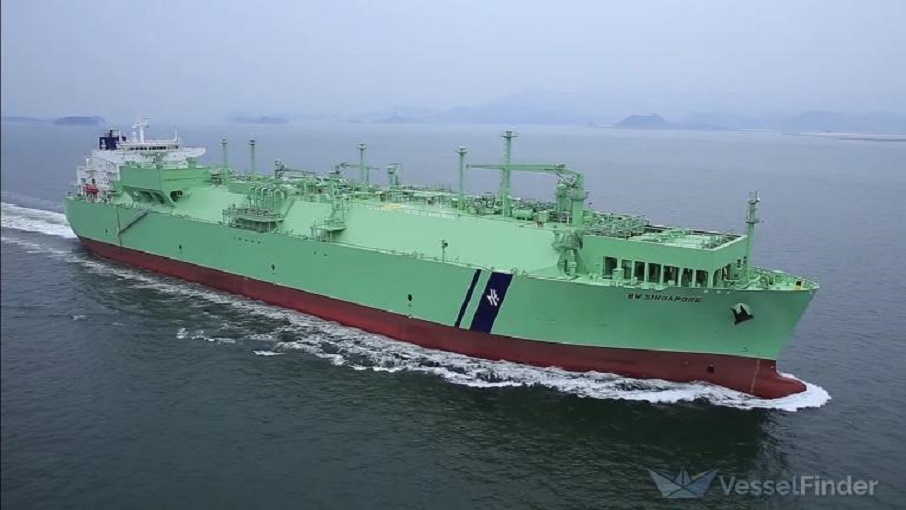Snam, the leading European operator in the transport, storage, and regasification of natural gas committed to energy transition, and the Municipality of Ravenna today presented the company's projects in the area through a press conference in the municipal council chamber.

The Mayor of the city, Michele de Pascale, CEO Stefano Venier, and Snam's Chief Operating Officer Massimo Derchi introduced the company's activities in the area, focusing on the connection works to the national gas network to enable the link with the FSRU BW Singapore, the second regasification terminal purchased by Snam, expected to be operational by the end of 2024. This ship will provide the country with an additional 5 billion cubic meters of gas, in addition to those already supplied by the FSRU Golar Tundra, operational in Piombino since July 2023.
On this occasion, the agreement regarding the compensatory works related to Snam's responsibility for all activities connected to the positioning and connection of FSRU BW Singapore was signed. These works will enable the Municipality to carry out significant interventions in various areas, from urban regeneration to sustainable mobility, from reforestation to energy saving, with a total commitment of approximately 24 million euros, allocated to initiatives including land acquisition, reforestation, and vegetative restoration along the route, totaling around 14 million euros. Additionally, interventions linked to environmental mitigation and balance with the Municipality amount to approximately 10 million euros. At the peak of activities, more than 1,200 people will be employed, involving over 100 suppliers from the province of Ravenna and the Emilia Romagna Region, with contracts assigned to local companies in the Ravenna area amounting to over 300 million euros.
During the conference, Snam also provided an update on the progress of the works for the first Carbon Capture and Storage (CCS) project, which will make the Ravenna hub one of the world's largest sites for CO₂ storage and the largest in the Mediterranean. The works for the first phase have reached a progress of 60%, and the first CO₂ molecules are expected to be injected in the early months of 2024.